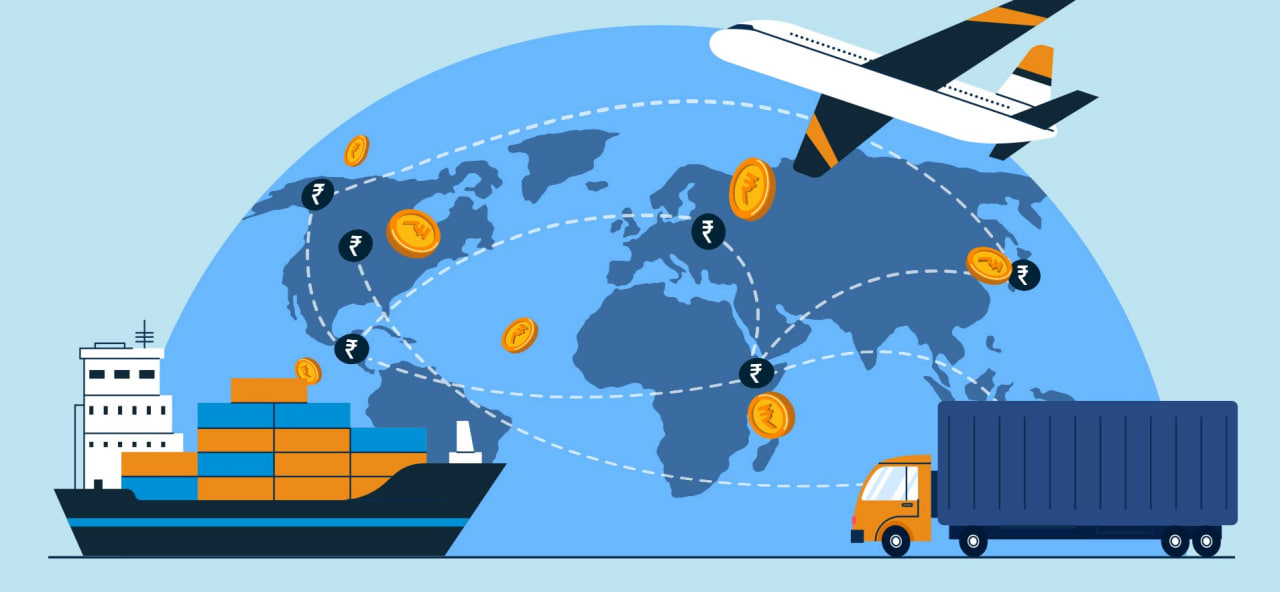Description

Copyright infringement not intended
Context: Under the new Foreign Trade Policy (FTP), exporters will be able to get insurance coverage for some losses incurred as a result of nations' unexpected enforcement of trade restrictions.
Details
- Under the new Foreign Trade Policy (FTP), exporters may soon be able to obtain insurance coverage for some losses incurred as a result of countries' sudden imposition of trade barriers.
- The definition of "political risk" under the export guarantee scheme will be expanded to cover any fresh imposition of non-tariff barriers by importing nations after a shipment has left Indian shores.
.jpeg)
Significance of the step
Export Risk covered
- In general, the Export Credit Guarantee Corporation (ECGC) compensates exporters for losses incurred when buyers become insolvent or default on payments, as well as political risks such as war and unexpected import restrictions or the promulgation of laws or decrees but do not cover anti-dumping measures or non-tariff barriers.
For MSME
- The new policy also pledges to form an inter-ministerial committee to investigate trade-related issues of micro, small, and medium enterprises (MSME).

Keywords
Non-tariff barriers
- Non-tariff trade barriers are trade obstacles that restrict imports or exports of products or services through techniques other than simple tariff imposition. These are some examples:
- Regulations: Any set of rules that govern how a product is created, handled, or marketed.
- Origin rules: Regulations that require verification of where items were manufactured.
- Quotas: Regulations that restrict the amount of a certain product that may be sold in a market.
Export Credit Guarantee Corporation (ECGC)
- The Ministry of Commerce and Industry owns 100% of ECGC Ltd.
- In 1957, the Government of India established the Export Risks Insurance Company. In 1964, the name was changed to Export Credit & Guarantee Company Ltd. In August 2014, it was renamed ECGC Ltd.
- The ECGC was founded to encourage exports by providing exporters with credit insurance services against nonpayment risks from overseas purchasers due to economic and political reasons.
Anti-dumping
- Dumping is the procedure by which a business exports a product at a considerably lower price than it ordinarily charges in its native (or domestic) market.
- An anti-dumping duty is a protectionist levy imposed by a domestic government on foreign goods that it considers to be underpriced. Several nations apply taxes on items they feel are being dumped in their domestic markets to protect their home economies.
- While anti-dumping charges are intended to protect domestic jobs, they can also raise domestic consumer costs.
Must Read Articles:
Foreign Trade Policy 2023: https://www.iasgyan.in/daily-current-affairs/foreign-trade-policy-2023
MSME Sector: https://www.iasgyan.in/daily-current-affairs/msme-sector-14
|
PRACTICE QUESTION
Q. Which of the following is/are Non-tariff barriers?
1. Origin rules
2. Customs Duty
3. Quotas
4. Import Duty
Select the correct code.
(A) 1 and 2 only
(B) 1, 2 and 3 only
(C) 1 and 3 only
(D) 1, 2, 3 and 4
Answer: C
|

https://epaper.thehindu.com/ccidist-ws/th/th_delhi/issues/31037/OPS/GI7B2JT6I.1+G6IB2KMHH.1.html













